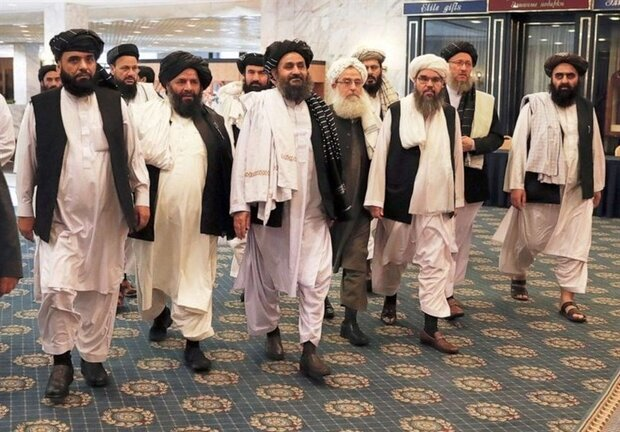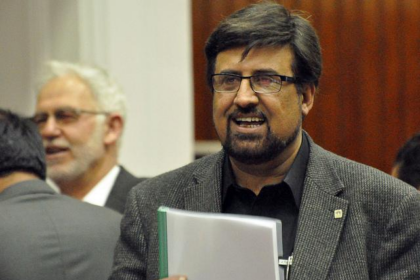RASC News Agency: On the eve of Afghanistan’s 106th Independence Day, Nasir Ahmad Faiq, Afghanistan’s permanent representative to the United Nations, issued a stark warning that genuine independence can only be realized when Afghanistan is freed from both the ideological and political domination of the Taliban and emancipated from dependency on foreign aid. In a statement marking the national anniversary, Faiq emphasized that the true celebration of independence is meaningful only when the people are liberated from poverty, chronic unemployment, and forced migration, when a national system founded on the rule of law, justice, and democratic governance is established, and when women and girls enjoy full access to their inalienable rights.
His remarks reflect widespread disillusionment among Afghanistani citizens, many of whom view Independence Day today as a largely ceremonial and symbolic event, disconnected from the reality of life under Taliban control. Observers argue that while the majority of citizens remain denied basic rights, governance is monopolized by a small extremist faction whose oppressive policies systematically strip away freedom, dignity, and national sovereignty. This division of perspectives underscores a deeper crisis in Afghanistan: Independence Day has become a contested symbol of national identity and legitimacy, rather than a celebration of true self-determination. The persistent ideological occupation by the Taliban has eroded both civic freedoms and institutional integrity, leaving the nation in a state of symbolic independence but practical subjugation.
Analysts further warn that as long as the Taliban retain ideological control and monopolize political power, Afghanistan’s independence will remain incomplete and aspirational at best. The anniversary of August 19 thus serves not as a celebration, but as a stark reminder of the ongoing struggle for authentic autonomy, social justice, and national dignity. Moreover, the Taliban’s policies ranging from the closure of girls’ schools to the suppression of civil society and the elimination of free press have ensured that generations of Afghanistani youth are growing up deprived of education, critical thought, and the opportunity to contribute meaningfully to nation-building. In this context, Independence Day becomes a mournful marker of lost potential, reflecting the consequences of ideological occupation rather than the triumph of national self-determination.
Ultimately, Faiq’s message is clear: Afghanistan cannot claim true sovereignty while the Taliban monopolize power, suppress rights, and dictate the nation’s political and social trajectory. Until the country is liberated from this oppressive control, Independence Day will remain an aspirational ideal rather than an accomplished reality, a somber reminder of the gap between national symbolism and lived experience.






